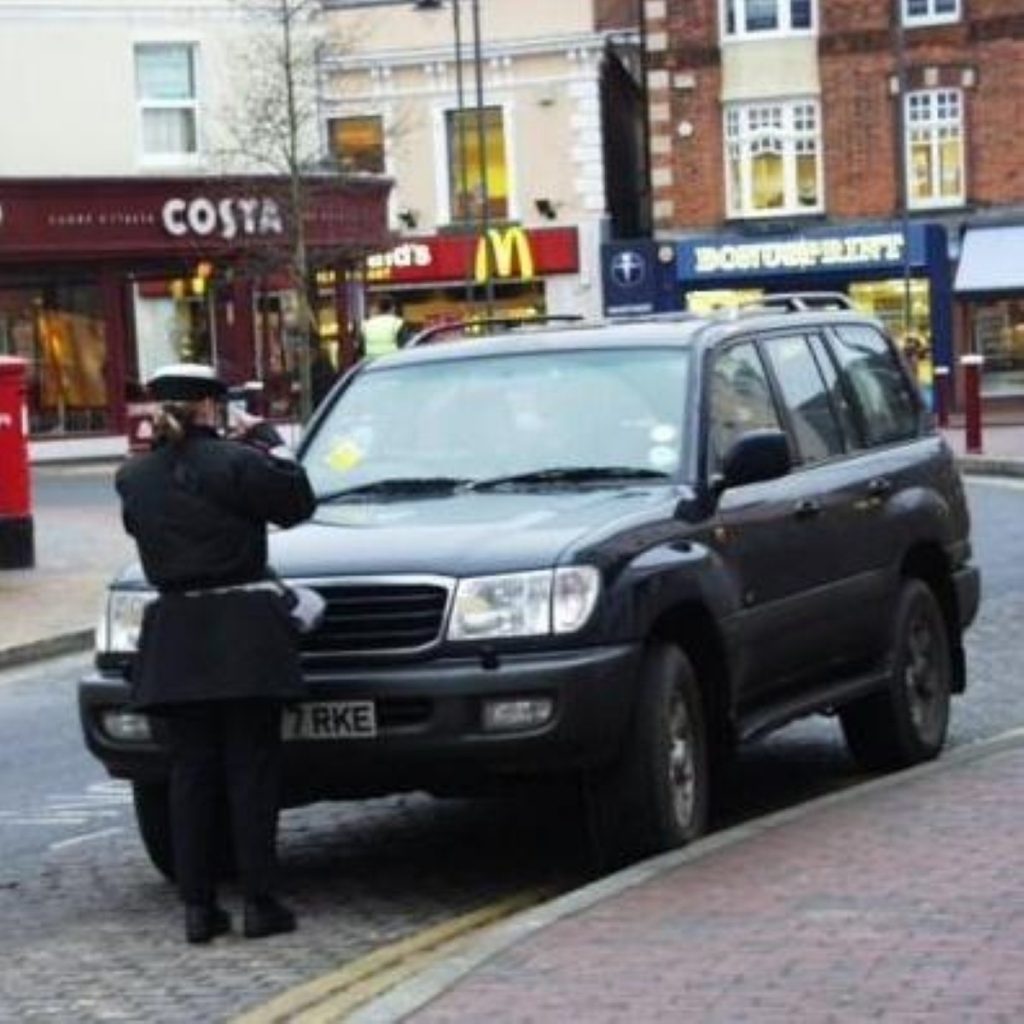New ‘fairer’ parking fines come into force
Councils have been told they must not use parking fines to raise revenue.
Moreover, English councils have been ordered to introduce a sliding scale of fines, so drivers are punished according to the severity of their offence.
Councils are urged to concentrate on poor parking that causes the most danger our disruption, such as parking illicitly in spaces reserved for disabled people, on yellow lines or new pedestrian crossings.
They have been told to lower penalties for less serious offences and are “strongly advised” to only clamp cars that persistently evade penalty charges.


The measures were announced today by transport minister Rosie Winterton and are designed to make the system for regulating parking fairer and more open.
Amid concerns of revenue raising, councils have also been told they may not set targets for the number of parking tickets dolled out to motorists.
Ms Winterton said the new guidelines would make life better for motorists in England.
“Ongoing roadworks and unclear parking enforcement are among road users’ biggest concerns,” she said.
“These new powers are designed to tackle both issues and are a key part of the government’s strategy to tackle congestion and keep traffic moving.”
Ms Winterton continued: “Parking rules exist to help beat congestion and improve road safety. These regulations will help make parking enforcement fairer, clearer and more open.
“Disruption from street works costs the economy about £4.9 billion each year – these strengthened powers will allow councils to better co-ordinate when work happens on their roads.
“We are tackling the frustration of roads being dug up time and time again and at the busiest times – reducing disruption for all road users, residents and local businesses.”
To reduce disruption, councils will be able to order utility companies to issue longer notice periods before commencing work, with the hope this will encourage difference companies to share the same trench.









